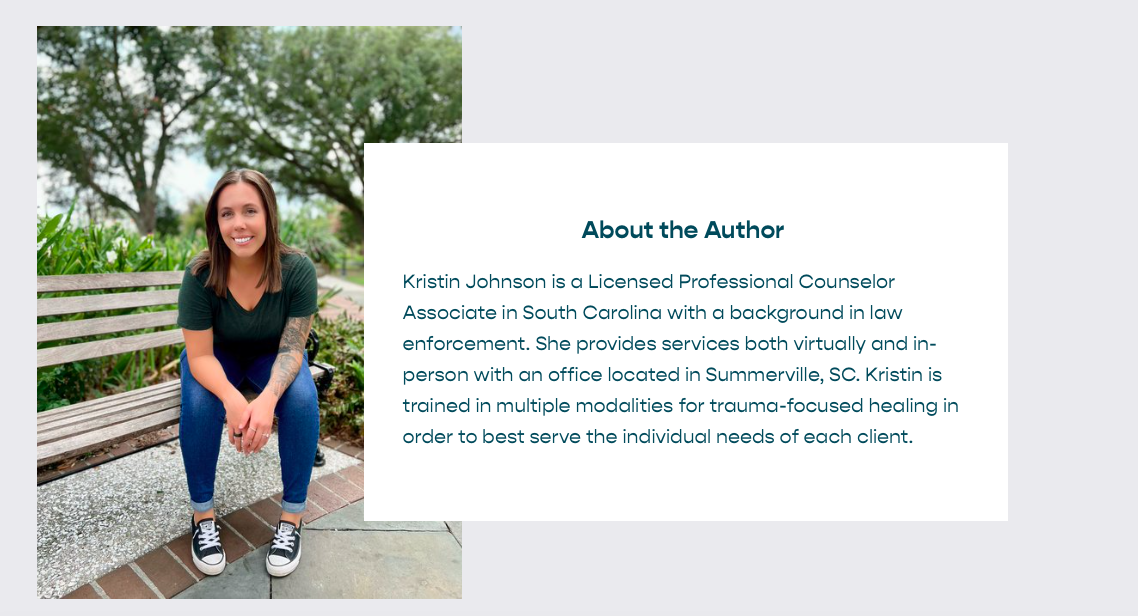How Group Therapy Helps When Individual Therapy Isn’t Enough
So, you’ve been in individual therapy for a while. You’ve processed things, learned some coping skills, maybe even had a few lightbulb moments. But something still feels... off. Like you’re doing the work, but you’re still missing a piece of the puzzle.
If that sounds familiar, group therapy might be exactly what you need.
I know, I know—group therapy can sound intimidating. The idea of sitting in a room (or attending a virtual meeting) with strangers and talking about your struggles? Yikes! Hard pass, right? But hear me out. Group therapy isn’t about awkward oversharing or forced bonding—it’s about connection, support, and real, meaningful growth in a way that individual therapy sometimes just can’t provide.
Let’s talk about why.
Why Individual Therapy Alone Sometimes Isn't Enough
Individual therapy is great. You get one-on-one attention, tailored strategies, and a space to dig deep into your thoughts, emotions, and behaviors. But here’s where it can sometimes fall short:
You’re still in your own head. Therapy helps, but if you’re stuck in patterns of overthinking or self-doubt, having outside perspectives can be a game-changer.
Real-world application can be tough. It’s one thing to talk about communication or boundaries with your therapist—it’s another thing to practice them in a safe, real-time setting.
You might feel isolated. Healing can feel so lonely. Sometimes, what you really need is to hear “me too” from someone who actually gets it.
That’s where group therapy comes in.
How Group Therapy Helps
Group therapy isn’t just a second-tier option if individual therapy isn’t “working fast enough.” It’s an entirely different tool with unique benefits that can complement or even accelerate your healing process.
1. You Realize You're Not Alone
Anxiety, depression, trauma, relationship struggles—it all has a way of making you feel like you’re the only one who’s dealing with it. Group therapy quickly shatters that illusion. When you hear someone else put into words exactly what you’ve been feeling, something shifts. You feel seen. You feel validated. You start to believe that healing is possible because you’re surrounded by people who are doing the work right alongside you.
2. You Get Honest Feedback (In a Good Way)
In individual therapy, your therapist is trained to be neutral and nonjudgmental (which is great). But sometimes, you need feedback from people who aren’t trained to be gentle with your feelings. In a group setting, you’ll hear real, honest reactions from people who can offer different perspectives, challenge your assumptions, and help you see things you might be missing.
3. You Practice Skills in Real Time
Communication, boundary-setting, vulnerability—all things that are easy to talk about in therapy but hard to actually do in real life. Group therapy gives you a space to practice these skills in a safe, supportive environment before taking them out into the world.
4. You Learn From Others’ Experiences
Ever notice how it’s easier to give advice than to take it? Sometimes, the best way to understand your own situation is by hearing someone else work through theirs. Watching others navigate challenges similar to yours can give you new insights and help you apply those lessons to your own life.
5. It Holds You Accountable
Let’s be real—sometimes, we need a little extra motivation to keep doing the work. When you’re in a group, you’re not just showing up for yourself—you’re showing up for others, too. That added layer of accountability can make a huge difference in staying committed to your growth.
For more information on the benefits of group therapy, you can read my other blog post titled “The Benefits of Trauma Group Therapy”.
Individual Therapy vs. Group Therapy: Do You Need Both?
Short answer: Maybe.
Long answer: It depends on what you’re working through and what kind of support you need. For many people, the best approach is a combination of both. Individual therapy helps you dive deep into personal issues, while group therapy provides the connection, accountability, and real-world practice that can take your healing to the next level. Also, group therapy can give you the opportunity to learn some basics (basic psycho-education on the topic you’re struggling with, basic coping skills, etc) at a more affordable rate than individual therapy sessions. That way, when you’re ready to start individual sessions, you already have the basics and can spend your individual time on deeper issues.
Sometimes people start in group therapy and realize they could benefit from individualized attention, and they have an awesome connection with the therapist, so they inquire about individual sessions.
Who Can Benefit from Group Therapy?
Group therapy can be incredibly helpful for:
First responders, military personnel, and healthcare workers who need support from people who understand the unique stressors of their job.
People struggling with anxiety or depression who feel isolated and disconnected.
Individuals recovering from trauma who need a safe space to share and process with others who get it.
Anyone working on relationships and communication—because let’s be honest, relationships are complicated, and learning what works or doesn't work from others can be really helpful.
Interested in Group Therapy?
If individual therapy hasn’t been quite enough, or if you’re just craving connection and support from people who get it, group therapy might be exactly what you need.
I offer free phone consultations, so if you’re interested in joining a group or just want to learn more, let’s talk. Schedule your consultation today—because you don’t have to do this alone.
Looking to connect with a group therapist?
Take the first step towards improving your work/life balance.
(South Carolina residents only)


